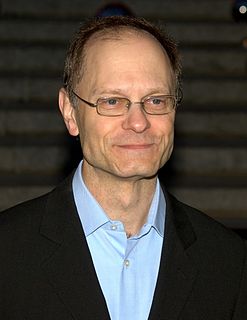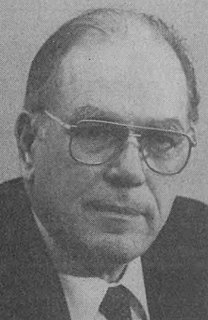A Quote by Anna Brackett
What we learn for the sake of knowing, we hold; what we learn for the sake of accomplishing some ulterior end, we forget as soon as that end has been gained. This, too, is automatic action in the constitution of the mind itself, and it is fortunate and merciful that it is so, for otherwise our minds would be soon only rubbish-rooms.
Related Quotes
It is when we act freely, for the sake of the action itself rather than for ulterior motives, that we learn to become more than what we were. When we choose a goal and invest ourselves in it to the limits of concentration, whatever we do will be enjoyable. And once we have tasted this joy, we will redouble our efforts to taste it again. This is the way the self grows.
If, then, there is some end of the things we do, which we desire for its own sake (everything else being desired for the sake of this), and if we do not choose everything for the sake of something else (for at that rate the process would go on to infinity, so that our desire would be empty and vain), clearly this must be the good and the chief good.
Be creative in that sense and your creativity will become an offering to God. God has given you so many gifts, Garima; something HAS to be done just in deep thankfulness. But remember: with no motive, not as a means but as an end unto itself. Art for art's sake, and creation for creation's sake, and love for love's sake, and prayer for prayer's sake.
When people learn to master their feelings, they can soon learn to master their reflections and thoughts in the degree requisite for attaining the objects they are seeking. But while they yield to a feeling or spirit that distracts their minds from a subject they wish to study and learn, so long they will never gain the mastery of their minds.
Art makes people do a double take and then, if they're looking at the picture, maybe they'll read the text under it that says, "Come to Union Square, For Anti-War Meeting Friday." I've been operating that way ever since - that art is a means to an end rather than simply an end in itself. In art school we're always taught that art is an end in itself - art for art's sake, expressing yourself, and that that's enough.
Feuerbach ... recognizes ... "even love, in itself the truest, most inward sentiment, becomes an obscure, illusory one through religiousness, since religious love loves man only for God's sake, therefore loves man only apparently, but in truth God only." Is this different with moral love? Does it love the man, this man for this man's sake, or for morality's sake, for Man's sake, and so-for homo homini Deus-for God's sake?
The Daoist appeal to simplicity can be very appealing to the many of us who feel that contemporary life is overwhelming. "Less is more" can be a call to identify what it is we really need and appreciate doing for its own sake, as opposed to what we have been socialized into wanting, often to our detriment, or becoming consumed by activity that we would never do for its own sake but only for the sake of something else.
































